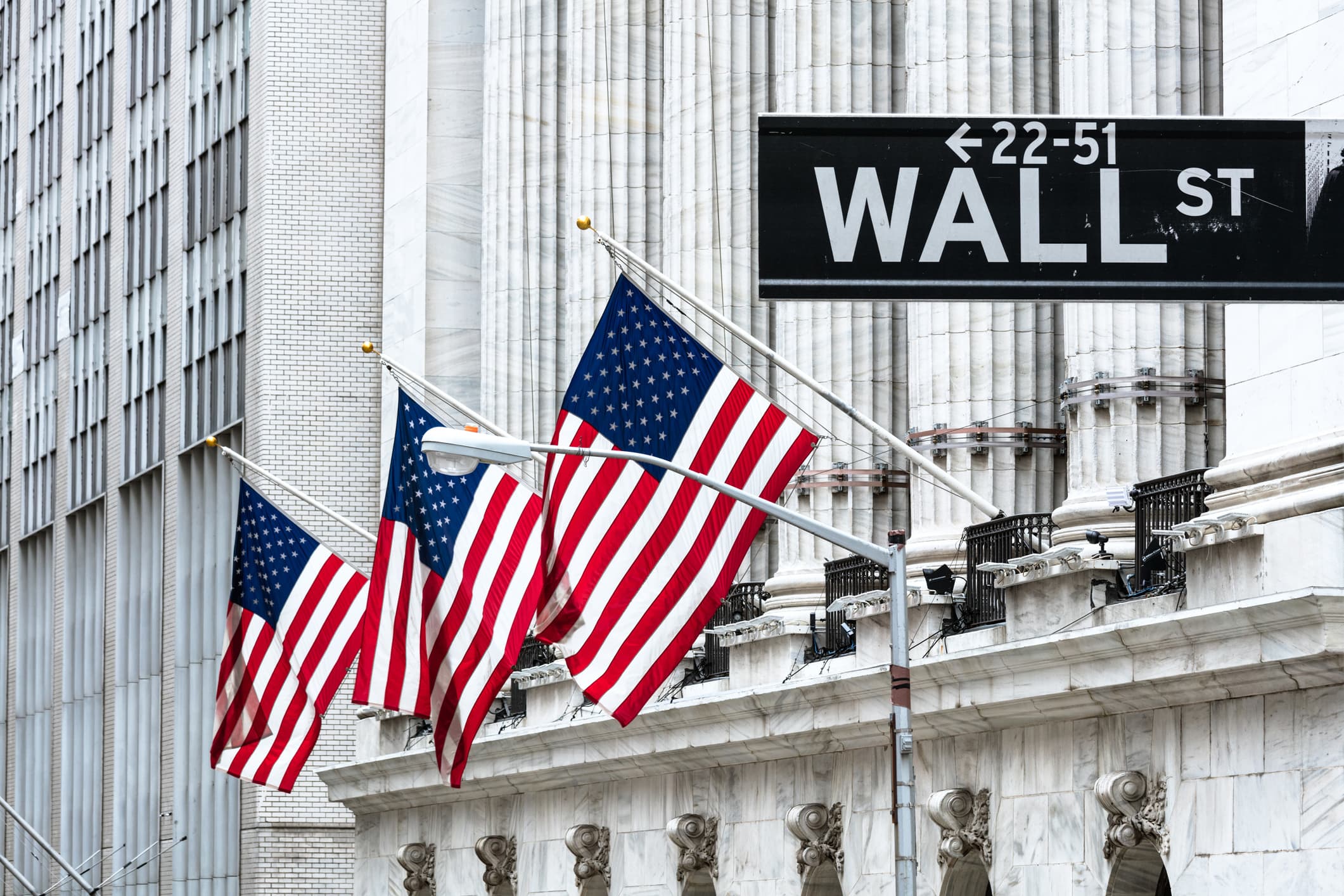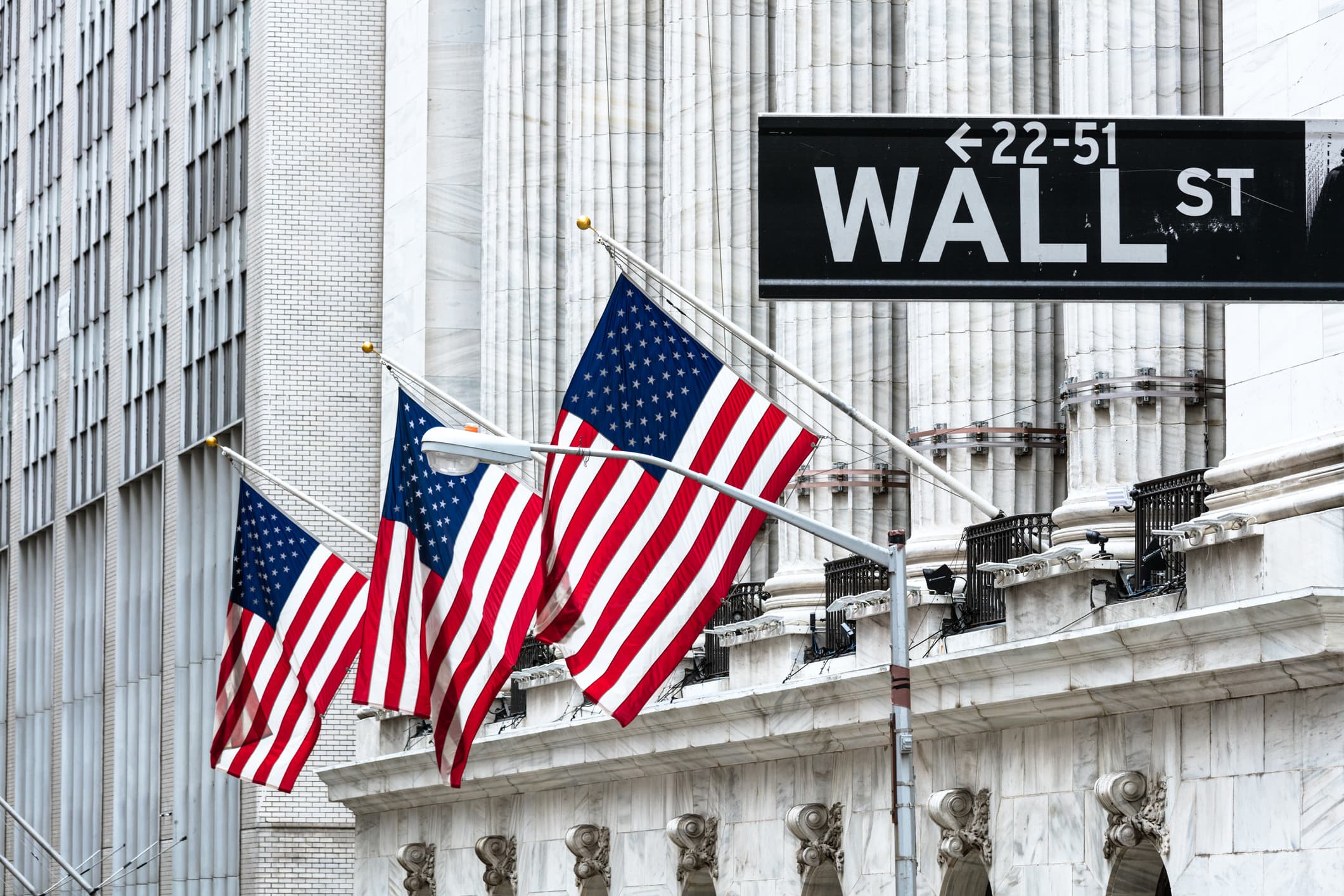
Matteo Colombo | DigitalVision | Getty Images
Futures contracts tied to the major U.S. stock indexes fell in the overnight session as a soft earnings report from Amazon threatened to dampen an otherwise strong month ahead of July’s final day of trading.
S&P 500 futures shed 0.77%, while those tied to the Nasdaq 100 fell 1.33%. Dow futures dipped 112 points.
The week’s deluge of earnings reports continued after the closing bell Thursday, with e-commerce giant Amazon and social media platform Pinterest providing profit updates to investors.
Amazon equity sank 7.4% in extended trading after it reported its first quarterly revenue miss in three years and gave weaker guidance. The move in Amazon’s stock helped weigh on Nasdaq 100 futures. Pinterest fell even further, down 19%, after saying it lost monthly users during the three months ended June 30.
Shares of online brokerage Robinhood started trading on the Nasdaq at $38 per share on Thursday, but the stock eventually closed its debut session more than 8% lower $34.82 per share.
Equities rallied during Thursday’s regular session even after the Commerce Department said economic growth in the U.S. decelerated somewhat in the second quarter.
The Dow Jones Industrial Average gained about 150 points on Thursday after reaching a new intraday high. The S&P 500, which also briefly touched an all-time high, finished the day up 0.4% at 4,419.15.
The tech-heavy Nasdaq Composite underperformed with a 0.1% gain, kept in check by a 4% drop in Facebook shares after the social media company’s earnings report.
Those gains added to an otherwise healthy month for the Dow, S&P 500 and Nasdaq. The Composite and Dow have added 1.89% and 1.69% in July, while the broad S&P 500 is up 2.83% over the same period. Utilities, health-care, real estate and technology stocks have led the S&P 500 higher for the month, while energy and financials have lagged.
Thursday’s positive session came despite a government report that showed U.S. second-quarter gross domestic product accelerated 6.5% on an annualized basis, considerably less than the 8.4% Dow Jones estimate.
The GDP update wasn’t the only economic news Wall Street pored over this week. Many investors were relieved that the Federal Reserve signaled no imminent plans for dialing back asset purchases.
Fed Chairman Jerome Powell on Wednesday noted that while the economy has come a long way since the Covid-19 recession, it still has a ways to go before the central bank considers adjusting its easy-money policies.
“While shy of expectations specifically for Q2 GDP, broadly speaking as Chairman Powell noted yesterday, the recovery has in many ways exceeded even the most optimistic forecasts,” Stifel Chief Economist Lindsey Piegza wrote Thursday afternoon. “With U.S. businesses reopen for business and American consumers anxious to rush into the marketplace and spend, growth in the first half of the year was solid.”
The Fed will receive the latest iteration of its preferred inflation gauge, the personal consumption expenditures price index, Friday morning at 8:30 a.m. ET.


 Signal2forex.com - Best Forex robots and signals
Signal2forex.com - Best Forex robots and signals




